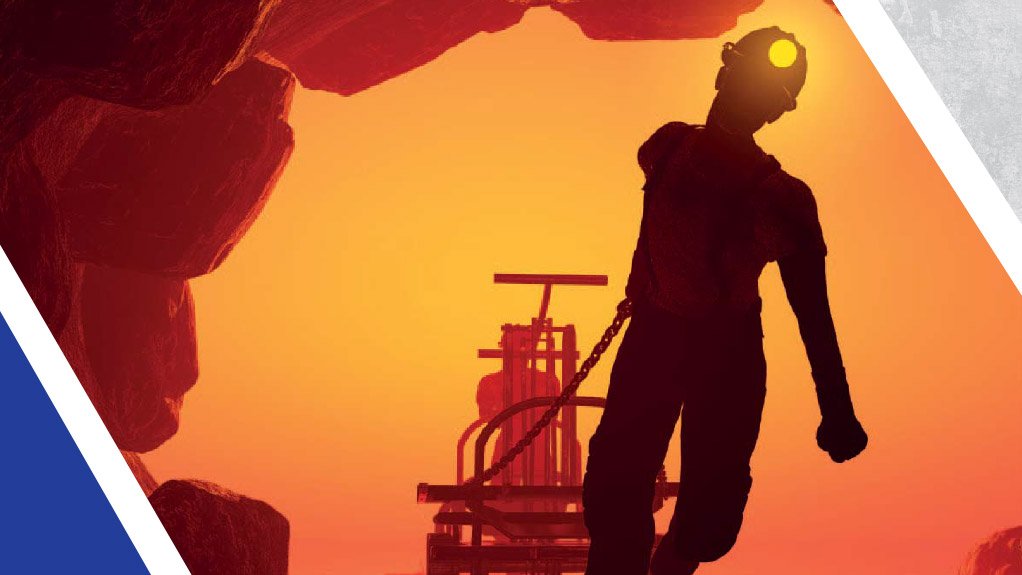- A new approach to empowerment in mining0.50 MB
South Africa urgently needs a new approach to empowerment in mining, says the IRR in a report released in its @Liberty policy bulletin.
The new mining charter threatens companies with the cancellation of their mining rights if they fail to maintain 100% scores on ownership, skills development, and community upliftment for 30 years or more. It will halt investment and bring ‘irreparable damage’ to the mining industry, according to the Chamber of Mines, which is trying to have it set aside by the courts.
The charter will primarily benefit the state mining company and a small elite at the pinnacle of the ruling party. It will also hurt the poor as investment dries up, growth declines, tax revenues shrink, and another 100 000 mining jobs are lost.
Court orders may in time compel the government to renegotiate the charter. But little will be gained from re-jigging its provisions when the BEE model as a whole is so fatally flawed.
BEE cannot overcome the key barriers to upward mobility. These range from low growth and high unemployment to poor schooling, bad housing, and failing health care. Often BEE has raised these barriers still higher by deterring investment, reducing efficiency, pushing up prices, and promoting crony capitalism and corruption.
The country needs a bold new transformation strategy, called ‘economic empowerment for the disadvantaged’ or ‘EED’. An EED strategy would focus on growth – and introduce a different scorecard.
On an EED scorecard, mining companies would earn voluntary points for capital invested, minerals produced, profits earned, dividends declared, and contributions made to tax revenues, export earnings, and R&D spending. They would also earn EED points for jobs provided and safety and environmental standards upheld.
These contributions to empowerment are the most important ones that mining companies can make. Without these fundamentals, the most impenetrable barriers to upward mobility – low growth and high unemployment – can never be overcome.
EED would also go further, by providing practical help to the millions of people currently held back by poor schooling, bad housing, and failing health care. The state spends large sums here (R570bn this year alone), but outcomes are generally dismal while promises of reform have borne little fruit.
The best way to break the logjam is to re-direct much of the state’s often ineffective spending into tax-funded vouchers to be provided directly to poor families.
Once parents are empowered with tax-funded vouchers (worth some R20 000 per child per year), schools will have to compete for their custom. Failing state schools will be forced to improve. Many more independent schools will spring up to help meet burgeoning demand. The resulting competition will hold down costs and push up quality – as experience with school vouchers in other countries has shown.
Tax-funded housing vouchers will similarly empower the poor to start building or improving their own homes, instead of waiting endlessly on the state to deliver. Tax-funded health care vouchers will allow them to join low-cost medical schemes or take out health insurance policies, helping to free them from reliance on often failing public facilities.
Tax-funded vouchers for schooling, housing, and health care are thus integral to EED. The EED scorecard would also reward mining companies for their voluntary contributions here by giving them extra points for topping up vouchers in mining communities, or helping to improve the quality of provision.
EED would be effective in breaking down the key barriers to upward mobility and helping the poor to get ahead. BEE, by contrast, whether in mining or elsewhere, will continue to harm the great majority.
The policy choices are becoming stark. The country can keep on with BEE policies in mining (and beyond) and reap the bitter harvest that will surely follow. Or South Africans can grasp the policy nettle by recognising the failures of BEE and insisting on a shift to EED.
Report by the Institute of Race Relations
EMAIL THIS ARTICLE SAVE THIS ARTICLE ARTICLE ENQUIRY
To subscribe email subscriptions@creamermedia.co.za or click here
To advertise email advertising@creamermedia.co.za or click here











